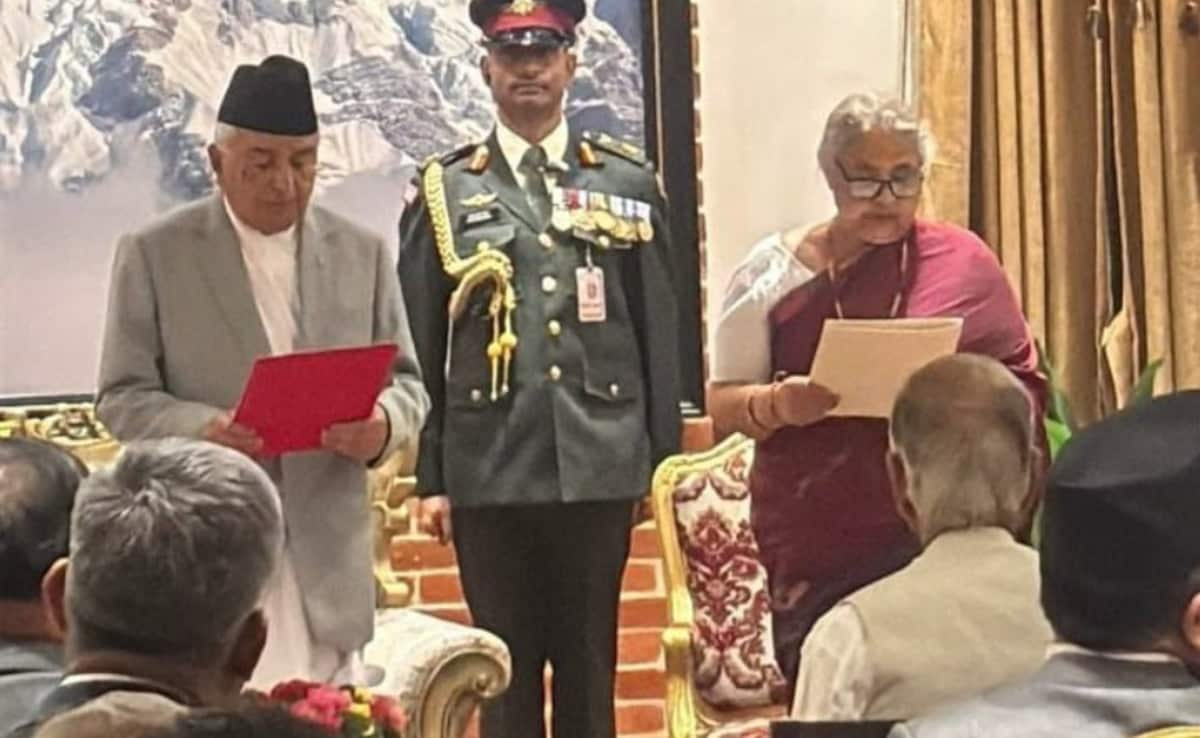Human rights groups have widely condemned their imprisonments. Abdel Fattah is one among several members of his family who has recently faced prison time. His younger sister, Sanaa, was convicted in March of spreading false news, misusing social media and insulting an on-duty police officer. Amnesty International described her conviction as a âcrushing blow for the right to freedom of expression in Egypt.â
She is expected to be released soon.
Abdel Fattah, Baqer and Ibrahimâs trial was launched shortly before Egypt announced in October the end of its lengthy state of emergency. The decision to move ahead with trials in emergency courts before the state of emergency was withdrawn drew criticism from human rights groups at the time.
âThe governmentâs rush to use emergency courts before declaring the end to the state of emergency, after holding people illegally for years in pretrial detention, confirms that fierce repression of peaceful critics remains the order of the day in Egypt,â Joe Stork, deputy Middle East and North Africa director at Human Rights Watch, said in a statement. According to the advocacy group, at least 48 individuals serving time in pretrial detention were referred to emergency courts shortly before Sissi announced the end of the state of emergency.
Abdel Fattah, whose father was a prominent human rights lawyer and whose mother is a professor and activist, has spent years in and out of prison under multiple Egyptian governments. He was jailed for 45 days in 2006 after joining an anti-government protest and detained again in 2011, when he became active in the movement that ultimately forced President Hosni Mubarak to step down. The Egyptian protests came amid a wave of demonstrations against autocratic governments across the Arab world.
In the ensuing years, Abdel Fattah was charged with organizing an unlawful protest and was ultimately sentenced to five years in prison. He was released in 2019 under the condition that he report to his local police station each night to sleep for the next five years. But he was then jailed again soon after.
In an essay published in the New York Times on Dec. 17, his mother, Laila Soueif, wrote that for most of his time in prison he has âbeen held without charge, in pretrial detention.â
Now, she wrote, the family understands âAlaa is on trial for retweeting a tweet about a prisoner who died after being tortured, in the same prison where Alaa is now held.â
âHis crime is that, like millions of young people in Egypt and far beyond, he believed another world was possible,â she wrote. âAnd he dared to try to make it happen.â
Egypt is a key strategic partner for the United States and provides some $1.3 billion of assistance to Egypt each year. The Biden administration has, however, raised some concerns over Sissiâs human rights record. Earlier this year, Washington imposed new conditions on some aid, withholding $130 million until Egypt ends certain prosecutions against human rights civil society organizations and drops charges against or releases 16 people Washington had raised with Cairo since early summer.
In September, Egypt introduced an official human rights strategy. While some saw it as a positive step, advocates expressed concerns that it would not result in widespread change in the country, which has seen an enormous crackdown on freedom of speech in the years since Sissi came to power.
Last week, Germanyâs Foreign Ministry tweeted that it expects âthe Egyptian government to lobby for a fair trial & the release of [Baqer] & his co-defendants.â
âLawyers cannot be punished for practicing their profession,â the tweet read.
The Egyptian Foreign Ministry issued a sharp rebuke, saying in a statement that it amounted to âunreasonable interference into Egyptian internal affairsâ and undermined the independence of Egyptâs judiciary.
Abdel Fattahâs trial comes soon after a number of other developments in court cases against prominent activists. Late last month, human rights advocate Hossam Bahgat was found guilty of spreading false news and insulting a state authority and was fined around $650. Bahgat is the executive director of the Egyptian Initiative for Personal Rights, an advocacy group.
Earlier this month, EIPR researcher Patrick George Zaki, who has been held in detention since last year over charges he spread false information, was released pending his trial slated for early next year.
âHope to hear something good today,â Zaki tweeted Monday, alongside photos of the three men awaiting their sentences.
Read more:
.png)











 English (United States) ·
English (United States) ·  Turkish (Turkey) ·
Turkish (Turkey) ·